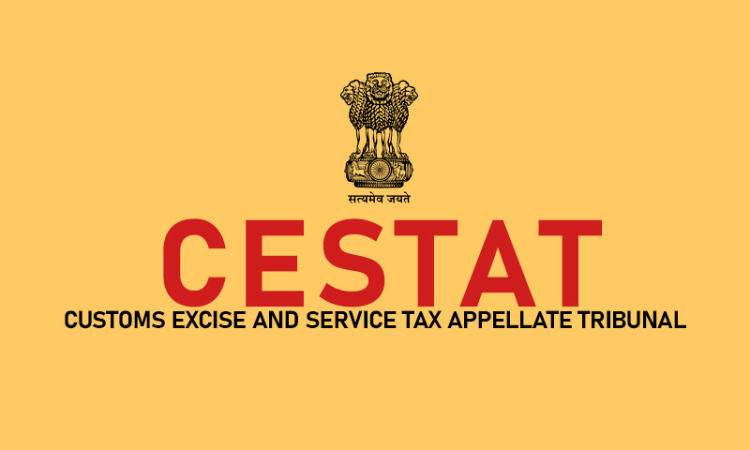The Ahmedabad Customs, Excise and Service Tax Appellate Tribunal (CESTAT), consisting of Ramesh Nair (Judicial Member) and P.Anjani Kumar (Technical Member), has ruled that intermediate goods captively consumed for the manufacture of exempted final products do not attract excise duty. The appellant/assessee is engaged in the manufacture of brass parts of agricultural products falling...

